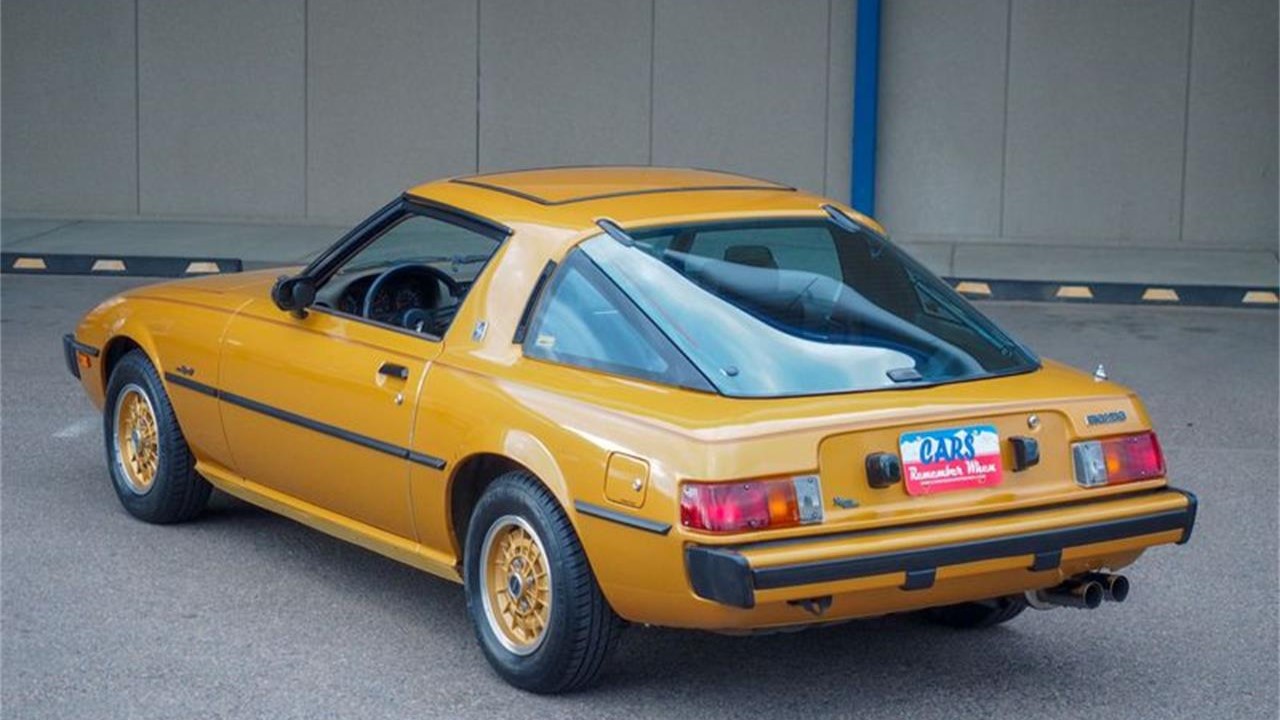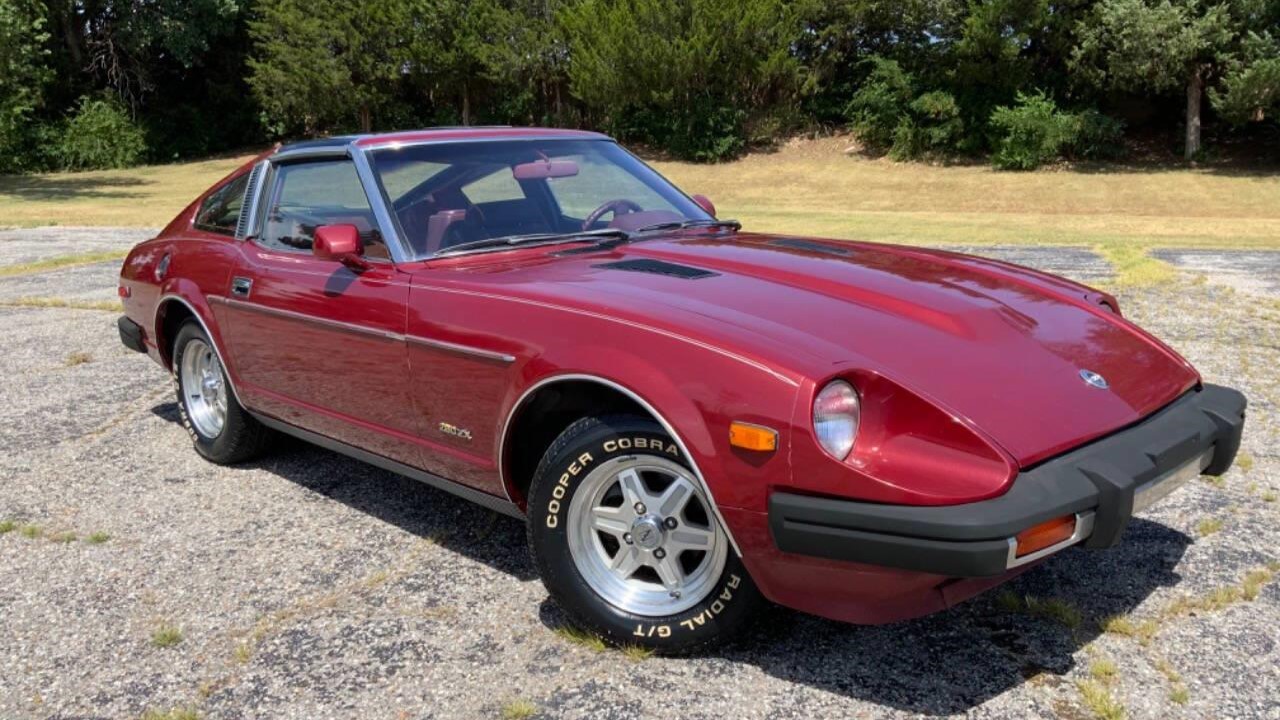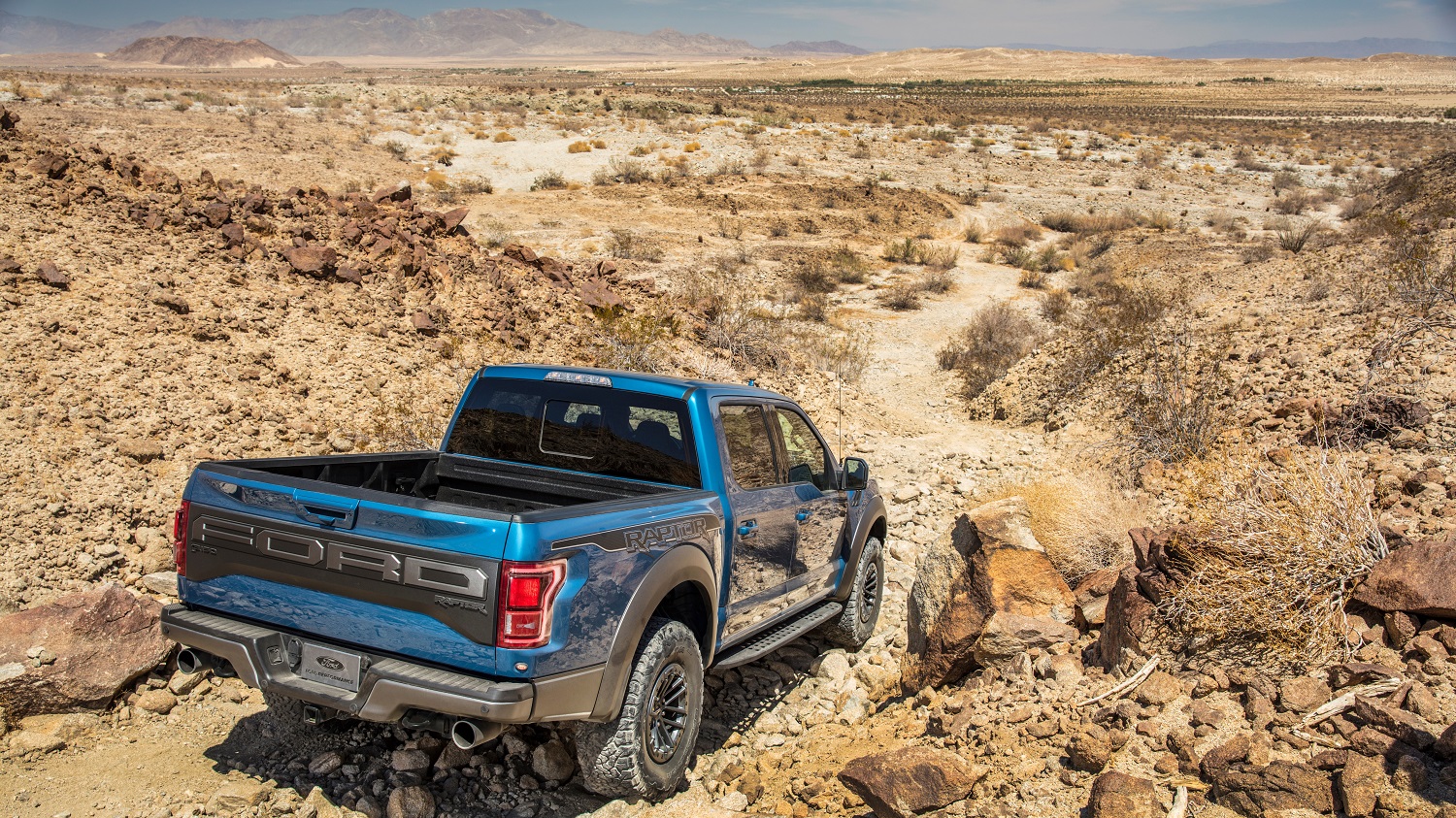One of the tragedies of being human is that we don’t get to spend all of our time on this planet with the pets we love. If a dog or cat makes it to 15 years old, we consider ourselves lucky (tortoise owners have it much easier, emotionally). It’s the same way with most cars. You may have loved your first vehicle, but statistically, it’s highly unlikely you still have it decades later. Cars continually get wrecked, stolen, eaten by corrosion, or prohibitively expensive to fix. That means a lot of us own multiple cars in a lifetime. There are two basic ways to go through that chain of ownership: You can either stick to one brand or mix things up and try new ones along the way.
I’ve seen both ends of that spectrum. When I was a teenager living just outside of Austin, Texas, I’d go for walks through my neighborhood. Being a car enthusiast, I would always look at the cars parked in the driveways and open garages I passed by. I’ve forgotten most of them, but there are some that I still remember. Every now and then I would see a pair of Ford vehicles and think to myself, They’re on the Buy American plan. In front of a small, modest house was a pair of older, boxy Audi sedans from the 1980s. Their owners were clearly devoted to a particular brand and – considering this was in the late 1990s/early 2000s – keeping their cars from Audi running. For decades, my buddy Jake’s dad was the same way with Ford trucks (until he bought a Ram…).
I can see why people stick to a particular manufacturer. Your breadth of experience with different brands is limited, but your depth of knowledge of your choice automaker goes lower and lower with each vehicle you buy. And if you buy a particular model, such as a Chevrolet Corvette, every time a new generation comes out, you develop an ongoing mental catalog of each iteration’s strengths, weaknesses, milestones, and unique identity within the overarching model’s timeline. Getting a car such as a Corvette or Ford Mustang also gives you instant access to a huge owners community, where you can learn common failure points and how to fix them, discover the places that have hard-to-find parts, and make new friends.


Then there are people like my in-laws. When I first met my now-wife’s parents, they had a mid- to late-2000s Hemi-powered Chrysler 300 and a late-2000s Chevrolet Tahoe. I didn’t think much of that combination at the time aside from, Oof, their gas bill must hurt. As I got to know their family vehicle history more, it became clear to me that they were completely brand-agnostic. That history includes a Mazda RX-7, Datsun 280ZX, Pontiac Trans Am, Ford F-150, Honda CR-V, Cadillac sedan, and many more. My wife has gone down a similar path, ping-ponging from a Suzuki XL-7 to a Nissan Sentra to a Volkswagen Beetle to a Mazda CX-5.

My personal ownership hasn’t been as varied, but my years of experience in what is now probably hundreds of different press vehicles a week at a time enable me to see the advantages to trying out different companies. You may not be able to compare a manufacturer’s vehicles to each other, but depending on which types of vehicles you buy (SUV, sports car, etc.) and when you buy them, you may be able to evaluate them relative to their direct competitors and a macro view of that particular segment. And as your experience broadens, to a certain extent, you get an even better understanding of how the car industry as a whole has progressed. You can talk to almost any car fan, no matter which brand is their favorite, but you may not want to invest time and money into a membership with a particular owners club because it’s only a matter of time until you sell off your automotive plus-one that you would bring to the group’s events.
Which group do you fall into? Are you a lifelong Ford, Chevy, etc. fan or do you like to sample every brand out there? Let me know in the comments below.

Comments are closed